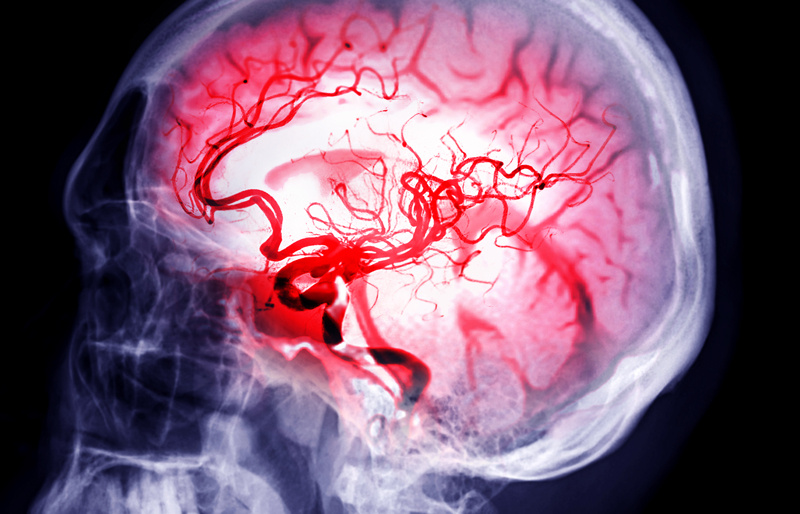Atrial fibrillation (AF) is a major risk factor for stroke, with many cases remaining undiagnosed due to the intermittent nature of arrhythmic episodes. ECG Holter monitoring plays a vital role in detecting silent AF, enabling early anticoagulation therapy and stroke prevention strategies.
A study published in the Journal of Stroke and Cerebrovascular Diseases highlighted that patients with cryptogenic stroke who underwent extended ECG Holter monitoring had a 30% higher detection rate of AF compared to those who received only short-term ECG recordings. This finding supports the use of continuous ambulatory monitoring in patients with unexplained stroke, ensuring timely intervention and reducing recurrent stroke risk. The study further highlighted that AF-related strokes tend to be more severe than those caused by other mechanisms, reinforcing the importance of proactive arrhythmia screening.
In the UK, the NHS has implemented Holter monitoring as part of secondary stroke prevention guidelines, particularly for patients with transient ischaemic attacks (TIAs). European stroke units have also incorporated ambulatory ECG monitoring into post-stroke care, aiming to enhance detection rates and refine treatment protocols. A key recommendation from the European Society of Cardiology (ESC) is that patients with unexplained stroke should undergo at least 72 hours of continuous ECG recording to maximise AF detection.
Wearable Holter monitors have revolutionised stroke prevention by increasing patient adherence and providing real-time data transmission to healthcare professionals. AI algorithms are now being integrated into Holter monitoring systems to assist in arrhythmia detection, further improving accuracy and reducing the workload for cardiologists. Future advancements may include implantable loop recorders, which provide even longer monitoring durations for high-risk patients, enabling the detection of rare but clinically significant arrhythmias that would otherwise go unnoticed.
As Holter monitoring technology continues to evolve, its role in stroke prevention is expected to expand further. Enhanced screening protocols and improved accessibility to ambulatory ECG monitoring could lead to significant reductions in stroke incidence across Europe. Encouraging at-risk populations to undergo Holter monitoring as part of routine cardiovascular screening could lead to earlier AF detection, improving outcomes and reducing long-term healthcare costs.
Reference: Sanders, P., Pisters, R., Marin, F., et al. (2021). The role of Holter monitoring in stroke prevention: Evidence from European stroke registries. Journal of Stroke and Cerebrovascular Diseases, 30(8), 105678. https://doi.org/10.1016/j.jstrokecerebrovasdis.2021.105678
